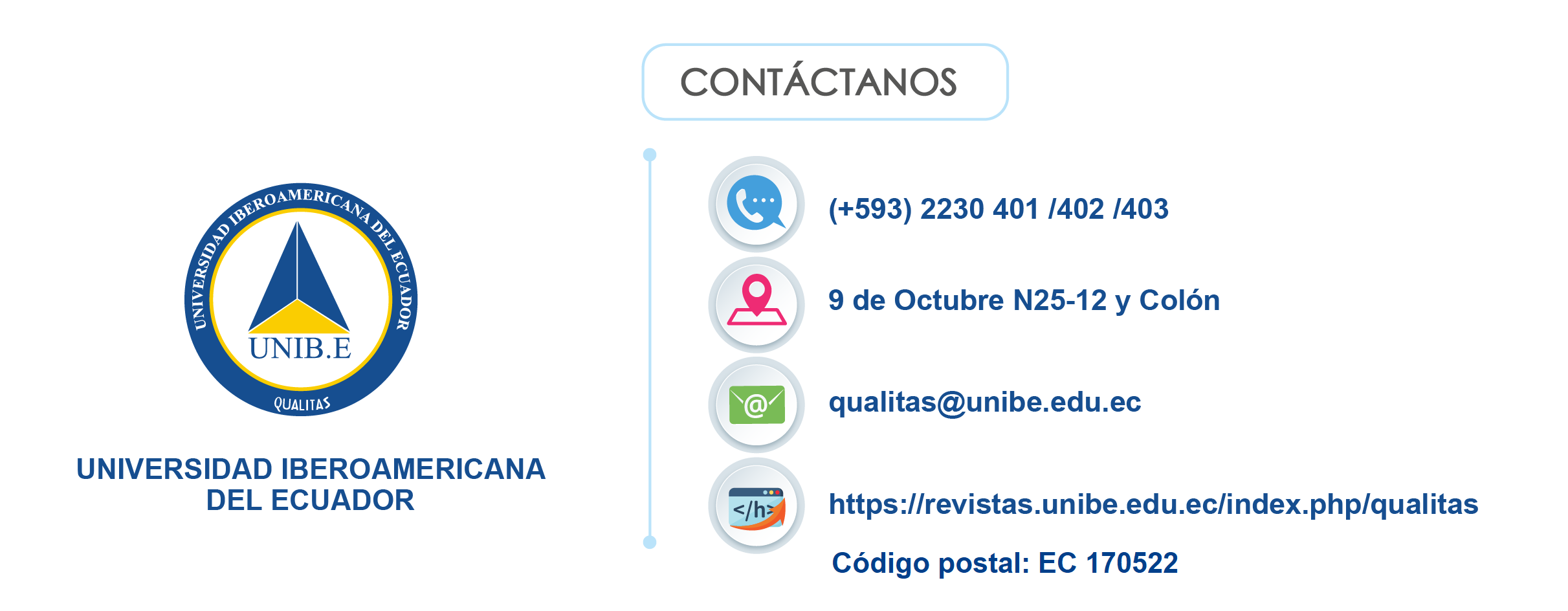Study on tourist internships of university students in a private university of Encarnación, Paraguay
Keywords:
Human capital, culture, education, tourism, incomeAbstract
In order to analyze whether belonging to an Academic Excellence Program such as Scholarship Student 5 is a variable that can be assumed as an estimator of the student's cultural capital and its incidence on the tourist behavior of the students of the UNAE Educational Complex, it was designed an analytical study, surveying 131 surveys among students, according to their membership in the Excellence Program, tourist behavior and monthly income level. The results indicate that belonging to the Scholarship program does not present significant statistical differences in terms of tourist behavior (national, international and type of landscapes: p> 0.05), on the contrary, it is still the level of monthly income, measured in Gs, the one that presents statistically significant differences (p <= 0.05) when it comes to international tourism. These results allow us to conclude that, although belonging to the Program is an indicator of Cultural Capital among the students of the Complex, it does not represent an efficient indicator when studying the tourist behavior of the student taking that capital into account. It will be necessary to continue deepening the description and analysis of variables with a better capacity to represent cultural capital and its impact on tourist behavior.
Downloads
References
Colorado Carvajal, A. (2007). El capital cultural y otros tipos de capital en la definición de las trayectorias escolares universitarias. X congreso nacional de investigación educativa, pp. 1-21.
Czeraniuk, N. (2019). Libroferia Encarnación. Una experiencia de alfabetización cultural. Encarnación: Divesper. 200 pp.
Czeraniuk, N., Denis, M., & Fruet, J. (2019). Análisis del perfil sociodemográfico y motivacional de los asistentes a un evento cultural: el caso de Libroferia de Encarnación, Paraguay. Revista Ibérica de Sistemas e Tecnologias de Informação, 24, 455-475.
Da Silva, A. (2010). Educación turística-reflexiones para la elaboración de una propuesta con base en la cultura. PASOS-Revista de Turismo y Patrimonio Cultural, 8, 61-69.
Gayo, M. (2013). La teoría del capital cultural y la participación cultural de los jóvenes. El caso chileno como ejemplo. Última década, 21, 141-171.
Quiñónez, C. (2012). Diversidad cultural e interculturalidad en el marco de la educación formal en Paraguay. Revista Internacional de Investigación en Ciencias Sociales, 8, 7-23.
Scotto, D., & Suárez, I. (2014). Educación y Turismo: Una herramienta para la transformación social. IV Jornadas de Turismo y Desarrollo. Pp. 178-191.
SECRETARÍA NACIONAL DE CULTURA. (2014). Plan Nacional de Cultura 2014-2018. Asunción: Secretaría Nacional de Cultura. Pp.8.
SECRETARÍA NACIONAL DE CULTURA. (2018). Plan Nacional de Cultura 2018-2023. Asunción: Secretaría Nacional de Cultura. Pp.2.
Spinzi, C. (5 de marzo de 2018). Alta deserción de universitarios por falta de apoyo y recursos. Resumen de Noticias. Nacionales. 1. Asunción.
Velázquez, V. (2017). Los desafíos de estado en materia de derechos culturales. Derechos Humanos en Paraguay 2017. Asunción: Codehupy. Pp. 263-282.
Velázquez, V. (s.f.). Aproximación a la gestión cultural pública en Paraguay. Instituto de Ciencias Sociales (ICSO). Asunción. En: http://icso.org.py/sitio/wp-content/uploads/2017/03/08_Artigo-Vladimir-Moreira-Paraguai-1.pdf
Velázquez, V., & Masi, Z. (2019). Derechos culturales: Ich ochybyte u kuche uje de par takashym u osu uje otakashy ice. Derechos Humanos en Paraguay 2019. Asunción: Codehupy. Pp. 247-260.
Zuiderwyk, E. (2018). Encarnación: Identidad e interculturalidad. Encarnación: Divesper. Pp. 118.
Published
How to Cite
Issue
Section
License
Copyright (c) 2021 Matías Denis, Nadia Czeraniuk, Helmut Schaefer, Rita Thiebeaud, Laura Verena Schaefer Czeraniuk

This work is licensed under a Creative Commons Attribution 4.0 International License.



















